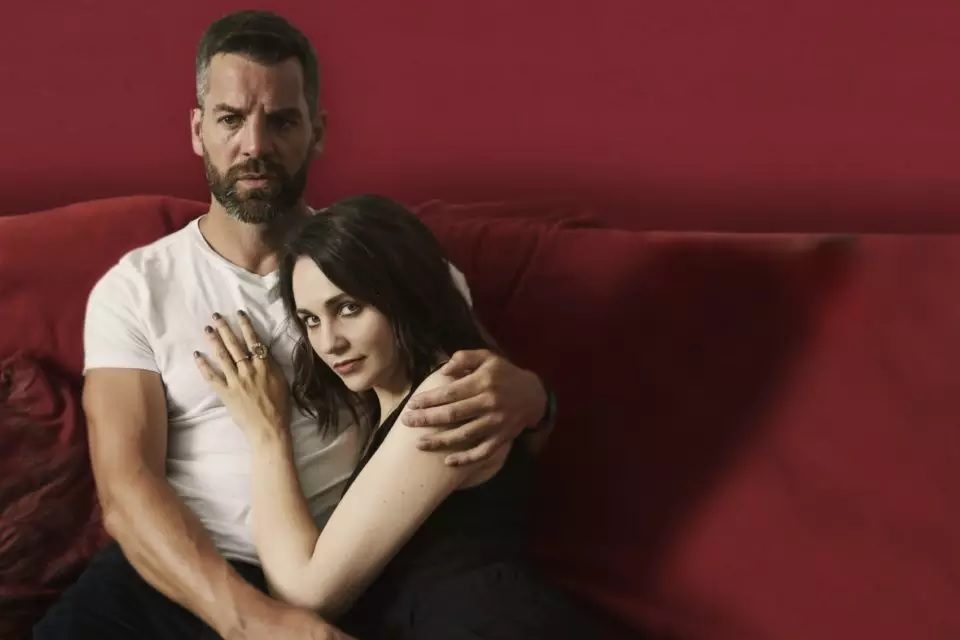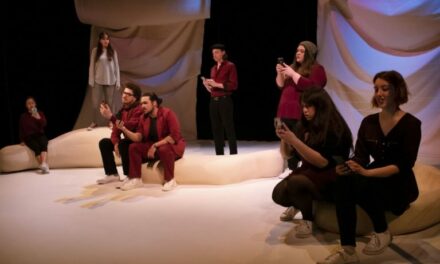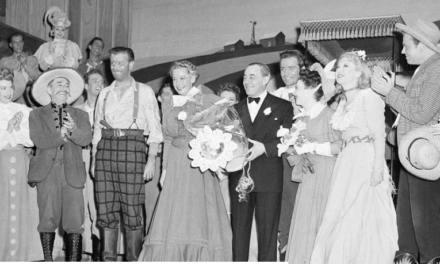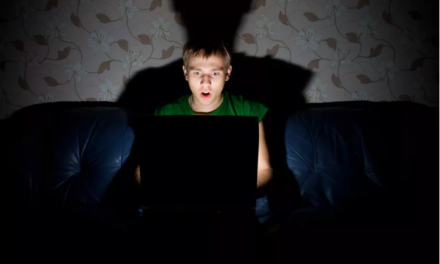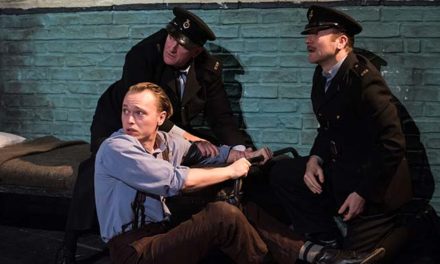Bret Yount is choreographing. But there isn’t any dancing. Nor, for the moment, is there fighting, though Yount’s credit is “fight director.” Yount is choreographing intimacy. Which is, in itself, quite intimate. I’m the interloper, sitting in on an early rehearsal of The One, at the Soho Theatre in London, while the creative team works out how to make it look, to all of the audience, like Harry has his hand halfway up Jo’s cervix, while his hand is actually nowhere of the sort.
This particular kind of intimacy involves a number of people other than Yount, John Hopkins, who plays Harry, and Tuppence Middleton, who plays Jo. There are a lot of people in the room, considering that this play is a three-hander. Maybe a dozen. Maybe more.
There’s the third hand, Kerry, played by Julia Sandiford, who keeps popping round as Harry and Jo pull an all-nighter, fighting, manipulating, competing, insulting, manipulating, abusing, and fucking. There’s the director, Steve Marmion, who is also artistic director of the Soho Theatre and a theatre man of prodigious gift and productivity.
And there’s Vicky Jones, who wrote this, her first play, with her creative partner and friend Phoebe Waller-Bridge in mind for the lead role. Or as Jones says,
“I wrote it to impress Phoebe.”
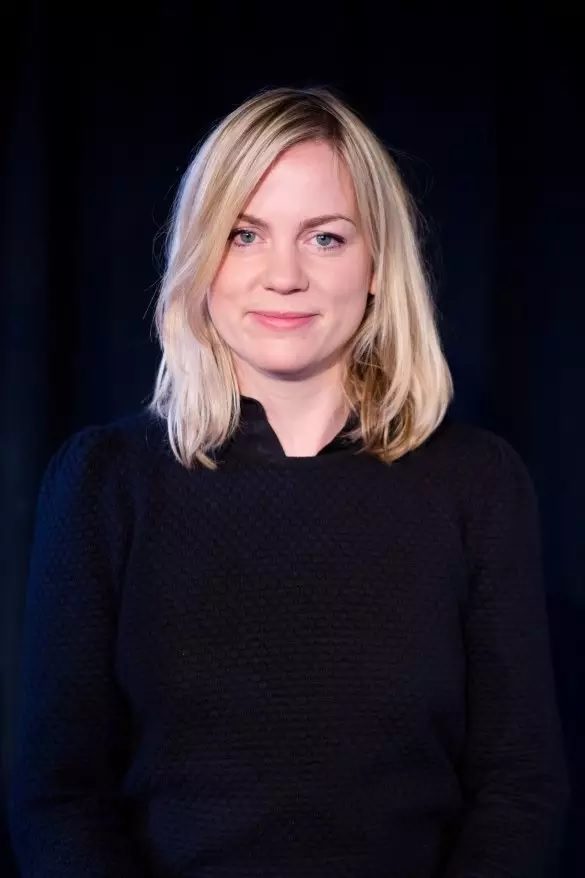
Vicky Jones is now co-writing, Run, a series for HBO with Phoebe Waller-Bridge. Photo: The Other Richard
On its first run, four years ago, The One impressed many people other than Waller-Bridge. It won Jones a Verity Bargate Award, won both women a great deal of attention, and did no harm in attracting more eyes towards Waller-Bridge’s own first play, Fleabag, directed by Jones, which went on to become a cult hit television drama of great brilliance, which, in turn, drove curious peepers towards Jones’s next play, Touch. Also lauded. The two women are currently working on Run, a drama series for HBO.
It’s safe to say that a lot has happened in the four years since The One. MeToo has happened, for a start, which everyone in the room agrees has helped with the kind of work that Yount does. There’s far more clarity about the sort of psychological and physical boundaries that actors feel–know–they have a right to erect around their bodies.
Middleton has no nagging worry at all that she’s being less free with her body than a young actor, a bohemian, an artist, ought to be. Hopkins feels that the lines of mutual respect have become cleaner and more simple. Everyone is more comfortable. Everyone is happier.
For Jones herself, much else has changed, and not just the level of success and recognition she now commands. She and Waller-Bridge, who have a new writing theatre company together called DryWrite, are interested in portraying the complexity of women, particularly the psychosexual morass that women can find themselves in.
Before MeToo, Jones wasn’t even always clear that this really was the “feminist” thing to do that she felt it must be. And, of course, this was her first play. She had no idea whether anyone would ever see it.
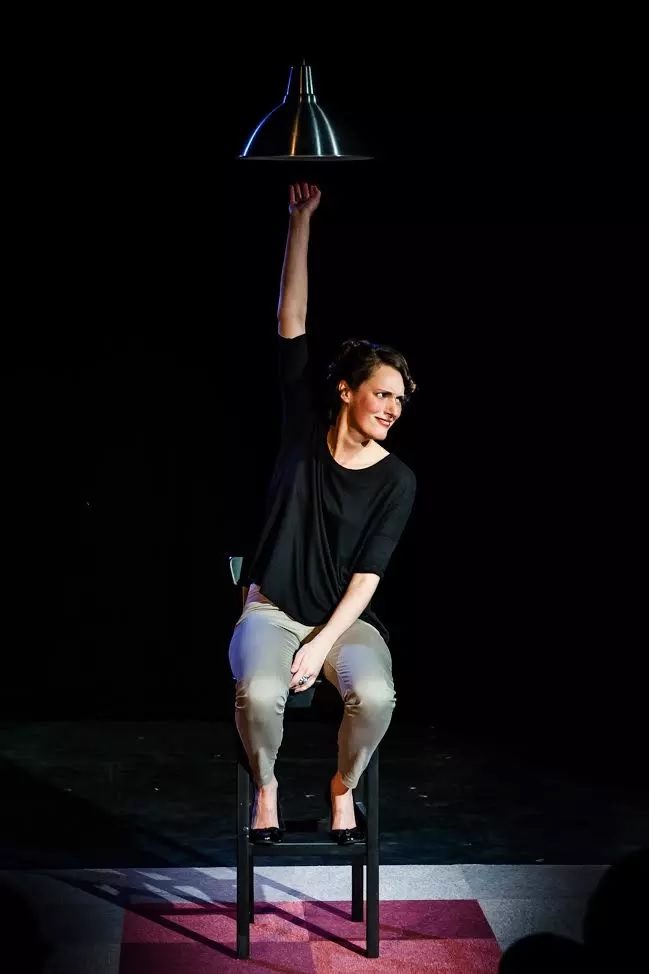
Vicky Jones directed the stage original of Fleabag, starring Phoebe Waller-Bridge. Photo: Richard Davenport
“There’s a section in The One where I talk about consent, the blurred lines of consent when it comes to classifying rape. And it was actually based on a personal experience, something that happened to me that I didn’t understand at the time, and looking back am much more clear on and much more angry about.
“I was trying to write out something that happened, where, ostensibly, you couldn’t say the man was completely at fault because he wasn’t told definitely no. And because he wasn’t pushed away.
“Four years ago, there were a lot of people who saw very little nuance in that argument, and absolutely plumped for the side of the man in that case. They felt that a woman has a responsibility to do things in that case. That there could be no possible reason why she would allow that to happen to herself. That she couldn’t claim foul play, based on those facts. I was exploring something that had happened. I didn’t think my parents would see it, that the man involved would see it. But they all did.”
Marmion says that the first time he staged the play, “I wasn’t definitely not him,” meaning that he wasn’t sure about the sexual politics of the piece himself. This time around, he is definite. He gets it. He knows that consent is based on everything you know about a person and a relationship, not what you seem able to impose in one exchange.
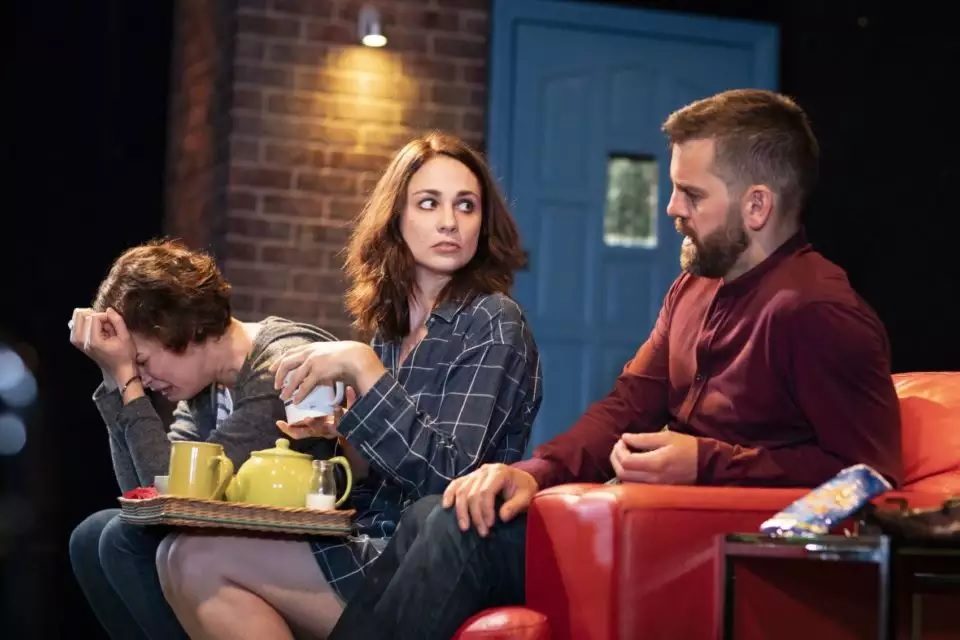
Julia Sandiford, Tuppence Middleton, and John Hopkins in The One at Soho Theatre. Photo: Helen Maybanks
The first time around, “Those girls are just out to shock,” was an opinion bandied about by people that Jones and Bridge-Waller respected.
“And I didn’t have the conviction about what I’d written that I have now,” says Jones. “I know that this character, Jo, behaves in ways that are self-sabotaging and counter-intuitive. She does and says some terrible things. Back then, it felt like portraying that was something that you shouldn’t do. Now, we’ve had so many discussions about how there’s no archetype for how women should behave.”
The right to behave badly, even to rape and to kill, has at times been sanctioned by society, for men. Lesser abuses have been absolutely disallowed for women. Women in plays who behave badly, Jones and Marriott agree, have until very recently, pretty much always had their “aberrations” explained in terms of mental health issues or some other problem. Men who behave badly are just men who behave badly. They have their reasons. No need to explain.
Jo, in the play, is angry, says Jones, “partly because she’s much cleverer than Harry, but much less materially successful, partly because he patronizes her rather than treating her as an equal. But she’s also angry because she knows that she could walk out of the relationship but has reasons–not necessarily good reasons–to stay. So she keeps churning this toxic cauldron, doing things she never dreamt she would, saying things she never dreamt she’d say.”
“I always knew the play was about how the worst possible relationships bring out the worst of oneself. Jo trashes Harry for not being the idea of a man that she wants. And that’s not fair. That’s not right.
“It’s not an out-and-out feminist play. But I’ve made my peace with the idea that it’s a good thing to create flawed female characters, and not explain the women away. In a bad relationship, metaphorically, once you’ve used a fist, you can use a knife and once you’ve used a knife you can use a gun. Permissible behavior gets out of control.”
So, it has been quite the four-year gap, during which there has been a significant cultural shift. The theatre is popular at the moment like it’s never really been in my lifetime, and it’s because it’s beating television and even films, at leading debate. The One is a play that has come to mean things that were only beginning to take their shape first time around, as recent as that was. The One returns in triumph–adult, messy, secure in its purpose, confident in its own significance. Not bad in less than half a decade. Not bad at all.
The One is at the Soho Theatre, London, to 25 August (020 7478 0100)
This article originally appeared in iNews on July 9, 2018, and has been reposted with permission.
This post was written by the author in their personal capacity.The opinions expressed in this article are the author’s own and do not reflect the view of The Theatre Times, their staff or collaborators.
This post was written by Deborah Orr.
The views expressed here belong to the author and do not necessarily reflect our views and opinions.

